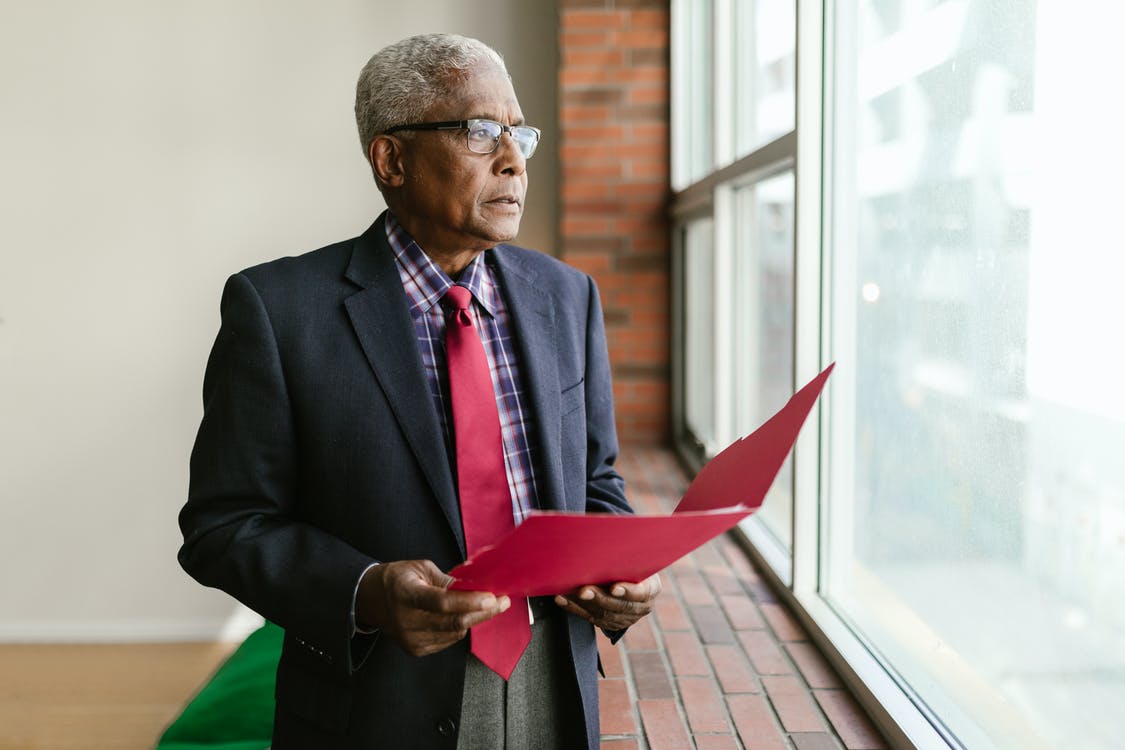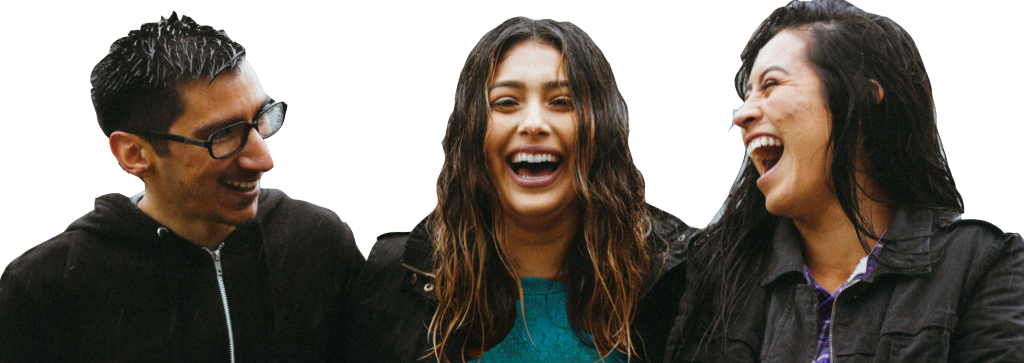Welcome back to our series on systemic bias in the workplace. Over the course of several weeks, we’re spotlighting various categories of bias, including gender bias, racial bias, disability bias, heterosexual bias, and now age bias and ageism in the workplace. Our aim is to add to the ongoing conversation and help everyone build more inclusive environments. We hope you find it informative. Feel free to share your thoughts and experiences in the comments.
Society is full of contradictions. It values both the wisdom that comes with age and the looks that come with youth. (And probably the cheaper pay, too.)
Which is how businesses end up writing job descriptions that require three years of experience for an entry-level position.
There comes a point where that wisdom is no longer valued, though.
The National Bureau of Economic Research found in 2020 that someone 40 or older was half as likely to get a job offer as someone younger if an employer knows their age.
In the UK, 50-year-old job seekers are up to three times less likely to be chosen for interviews than younger job seekers with less experience.
Age discrimination laws in the US protect anyone 40 or older. But only 9% of Americans know this, even though 49% are aware that age discrimination laws exist.
So, let’s dive into what these laws cover, the responsibility businesses have to protect and celebrate their more seasoned employees, and what the consequences of ageism in the workplace are.
What does ageism in the workplace look like?
A study in 2020 done by SeniorLiving found that 41% of workers reported they were passed up for raises or promotions because of their age. And 45% felt they were passed up for other opportunities.
27% had been on the receiving end of unwanted jokes, and 27% had also experienced harassment or bullying.
This means a significant portion of people over 40 have experienced some sort of negative reaction to the natural (and uncontrollable) process of aging.
Some people also believe age discrimination is going to increase because the number of older Americans is going up, too.
The US risks missing out on almost $4 trillion of economic contributions provided by older Americans because of age discrimination.
Companies often want to hire younger workers with the goal of training them up and promoting them within the company. But most people don’t stick around long enough for this to really matter.
The overall average length of time someone stays in a role is 4.1 years. For employees aged 55 to 64, that number is 10.1 years. Employees aged 25-34 stay just 2.8 years.
All this raises the question: what do companies really want from an employee? Do they want youthfulness or experience? Are they looking for someone to stick around long-term?
And if they know someone isn’t going to stick around for a decade or more, why does age really matter?
What are the laws?
The Age Discrimination in Employment Act (ADEA) protects people over 40 from ageism in the workplace. Some states also have laws that protect employees under 40.
According to the US Equal Employment Opportunity Commission:
“The law prohibits discrimination in any aspect of employment, including hiring, firing, pay, job assignments, promotions, layoffs, training, benefits, and any other term or condition of employment.”
It’s not illegal to favor an older employee over a younger one. However, it can still be age discrimination if both people involved are over 40.
The law also states:
“Harassment can include, for example, offensive or derogatory remarks about a person’s age. Although the law doesn’t prohibit simple teasing, offhand comments, or isolated incidents that aren’t very serious, harassment is illegal when it is so frequent or severe that it creates a hostile or offensive work environment or when it results in an adverse employment decision (such as the victim being fired or demoted).
“The harasser can be the victim’s supervisor, a supervisor in another area, a co-worker, or someone who is not an employee of the employer, such as a client or customer.”
Ageism in the hiring process
Both of my parents found themselves unemployed on the other side of 50 through no fault of their own.
And, when my partner and I suggested they get part-time jobs to stave off boredom and keep money coming in, they both had the same response: “I’m too old. Nobody will hire me.”
It gets worse, though.
Not only did they think nobody would hire them, but they also believed that age discrimination laws wouldn’t protect them.
And I totally get their point. Because how do you prove that someone didn’t hire you for a role because of your age? It’s really hard to do.
Which means businesses can get away with ageism in the workplace, as well as the contradiction of requiring experience for an entry-level role that probably doesn’t even pay what someone with that level of experience is worth.
Studies show that when the hiring process is age-blind, older people are just as likely—sometimes even more likely—to get invited to interview.
But, of course, to interview someone, we have to see/meet them. Meaning that ageism is still likely to kick in at this point.
Even when someone older had superior qualifications and experience, they were 46% less likely to be offered a job.
What, exactly, does society have against people over a certain age?
What can we do about ageism?
The real problem is identifying ageism. Because nobody really talks about it.
Many people assume that, as a society, we’re not ageist. But just look at the stats. Look at how people treat female celebrities as they age, compared to their male counterparts. We view male actors as silver foxes, getting more attractive with age. Female actors find their work drying up because there aren’t as many roles for women over 40.
There’s no denying that ageism exists throughout the western world.
Society places value on both youth and experience, traits that can’t coexist in one person.
Yet many businesses still strive to find that magical candidate, even though, if you spoke to any hiring manager, I’d guarantee they’d tell you they got wiser with age. Who doesn’t?
So, if we all know we get wiser with age, why do we hold age against other people? Age is a privilege that not everyone gets to experience, and we should value and honor that.
If you’re looking to counter ageism in the workplace and drive real inclusion, it’s crucial that employees have a chance to connect with each other as whole people. A platform like Workrowd can help, ensuring that employees participate in groups and events together. If this sounds like a fit for your workplace, send us a note to hello@workrowd.com to learn more.





